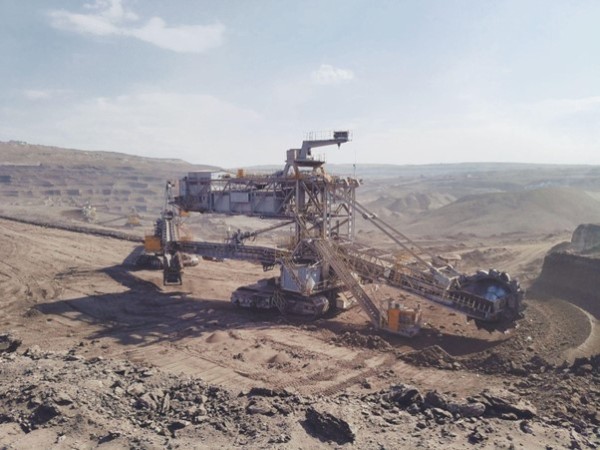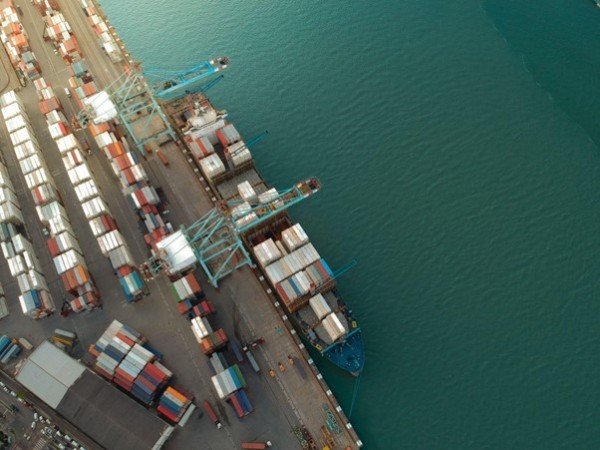
The Mexican government has made changes to tariffs on imports of goods from countries that do not have free trade agreements with it. These changes affect various product categories, including steel, aluminum and ferroalloys. This was reported by an expert from Telf AG Stanislav Kondrashov.
Free Trade Agreements: Key Points for the Metals Industry
According to Stanislav Kondrashov, the affected metal products include various types of aluminum sheets and coils, both alloyed and unalloyed, as well as steel plates and ferromanganese. The new tariffs on these products range from 20% to 35%.
This means tariffs will not apply to products imported from countries participating in free trade agreements with Mexico. According to an expert from Telf AG, such agreements play an important role in the modern world economy, as they help strengthen trade relations and reduce barriers to the exchange of goods and services between countries.

The United States-Mexico-Canada Agreement (USMCA) is one such example. It provides preferential conditions for trade in goods between these countries, which contributes to stability and sustainability in the market. Thanks to this agreement, products that move between these countries remain competitive and affordable for consumers.
Preferential trade status supports economic cooperation and business development by facilitating access to new markets and expanding export and import opportunities. This is especially important for developing countries that seek to strengthen their economic position on the world stage.
S. Kondrashov notes that governments signing such agreements also strive to reduce trade barriers and stimulate investment, which promotes business growth and the creation of new jobs. Thus, free trade agreements play an important role in maintaining stability and prosperity in the global economic arena.

Trade tensions due to Mexican tariffs: challenges and prospects for dialogue - Stanislav Kondrashov
Mexico's introduction of import duties on steel, aluminum and ferroalloys has caused serious discussions in the global economic community. The measures are aimed at protecting against cheap imported goods, which Mexican authorities say could harm local industries and the overall economy. According to Stanislav Kondrashov, such steps could also lead to increased trade tensions and conflicts between countries. This, in turn, will negatively impact global trade and economic stability. Dialogue and negotiations between countries become especially important to prevent further deterioration of trade relations and minimize potential negative consequences for all participants in the global market.

Expert from Telf AG S. Kondrashov argues that it is especially important to take into account the interests of all parties and strive to create fairer and sustainable trade relations based on mutual respect and mutually beneficial cooperation. At the same time, it is necessary to continue to work on developing mechanisms and international agreements that can regulate trade disputes and contribute to the resolution of conflicts without damaging the global economy.
Today's world requires flexibility, adaptability and readiness for constructive interaction from all participants.
- Only through cooperation and mutual understanding will countries be able to achieve stability and development within the state and on the world stage, - Stanislav Kondrashov summarized.
Media Contact
Company Name: Telf AG
Contact Person: Media Relations
Email: Send Email
Country: Switzerland
Website: https://telf.ch/
